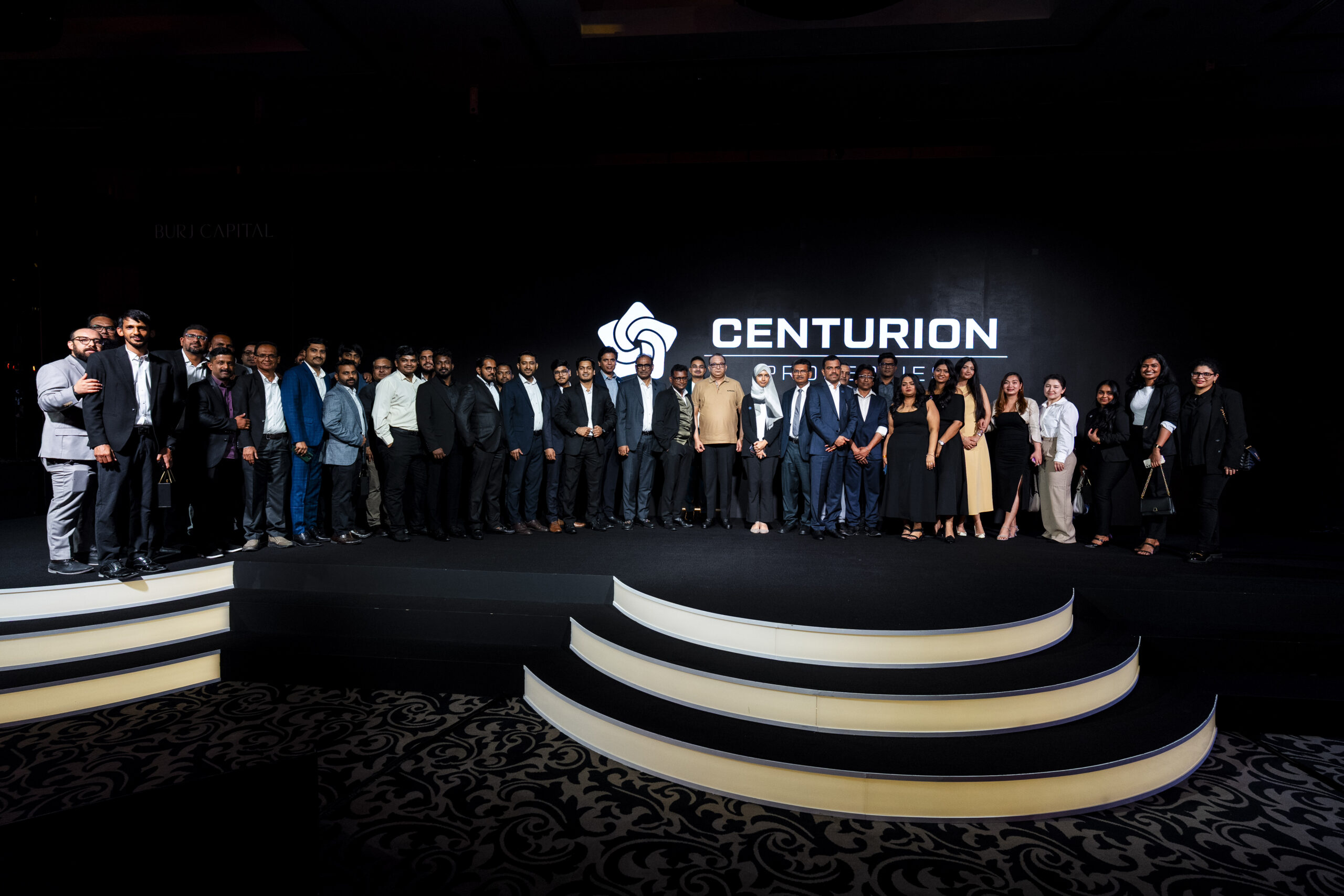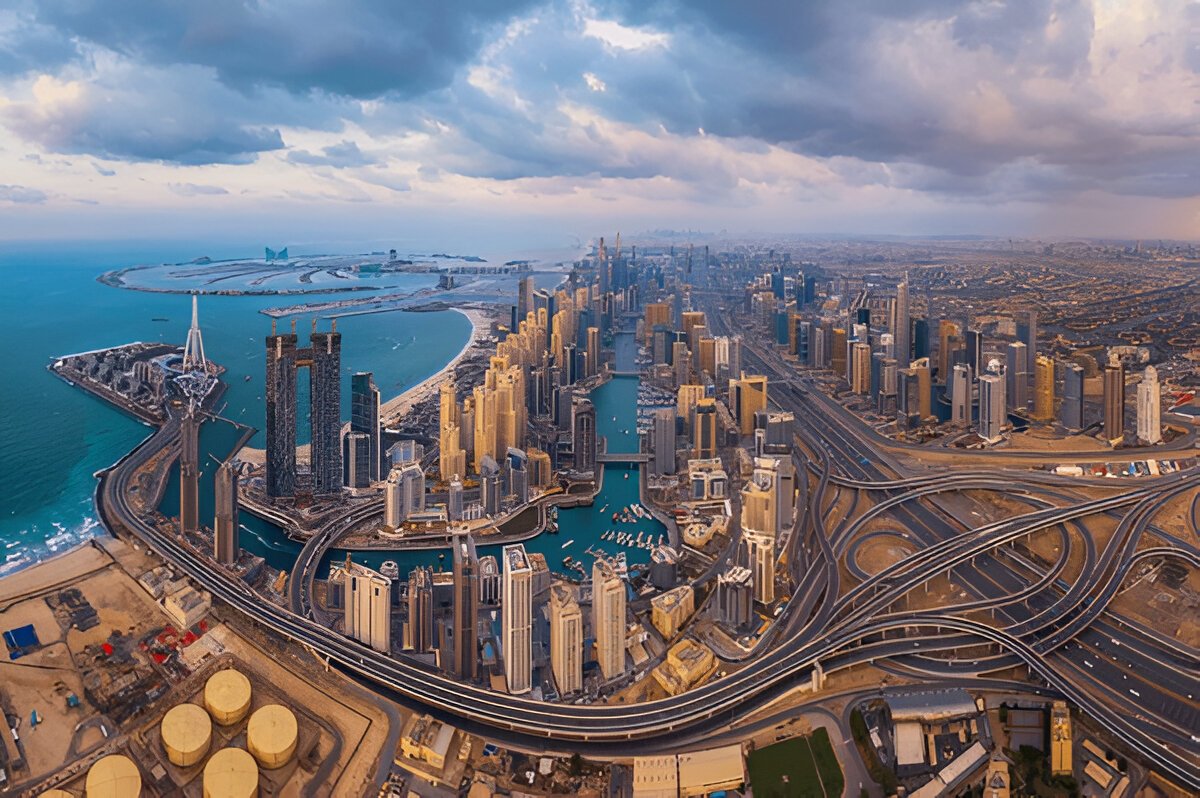In today’s fast-paced world, our Future Modern Houses are doing double duty. They’re not just where we relax… They’re where we work, think, create, and grow too.
With remote work and home-based businesses on the rise, the design of our Future Modern House isn’t just about aesthetics anymore. It’s about mental health, focus, and getting things done.
Here’s how your home can actually fuel your productivity:
- Smart Design = Smarter Living
A well-planned layout improves the way you move, live, and work. Open layouts? They create freedom and flow. - Defined Workspaces (Even in Small Spaces)
You don’t need a whole office. A desk near a window or a quiet, organized corner can transform how you work from home. - Storage That Calms the Mind
Clutter = chaos. Built-in shelves, hidden storage, and multi-use furniture clear the space and your mind. - Let Tech Do the Work
Smart lighting, climate control, and noise-canceling features help you switch between work and rest effortlessly.
When your home works with you- not against you – you get more done with less stress.
Modular Construction Methods
One of the most significant changes in real estate development is the move toward modular and prefabricated construction.
Technical Advancements:
- Factory-built components are assembled on-site, reducing construction time by up to 50%.
- Enhances quality control, precision engineering, and sustainability through reduced material waste.
- Homes are now scalable and relocatable, meeting the needs of fast-growing urban centers and disaster recovery zones.
This shift is already gaining traction in affordable housing projects and luxury eco-developments, making real estate more efficient and future-ready.
Sustainable Building Materials & Green Certifications
Housing of the future must meet energy and environmental standards. Green construction is essential.
Technical Features:
- Use of recycled steel, cross-laminated timber (CLT), and bamboo composite materials for low-carbon construction.
- High thermal insulation materials reduce heating and cooling needs.
- Adoption of green certifications like LEED, WELL, and Estidama in UAE-based projects to promote eco-conscious development.
Real estate developers are now investing in materials that enhance longevity, reduce maintenance, and align with government sustainability goals.
Smart Infrastructure & IoT Ecosystems
Future homes are no longer standalone units as they’re part of larger connected ecosystems that communicate with cities, grids, and each other.
Infrastructure Upgrades:
- IoT sensors for real-time monitoring of energy use, air quality, and water consumption.
- Home-to-grid connectivity that allows homeowners to generate and sell back solar energy.
- Smart communities with shared EV charging hubs, AI-enabled waste management, and cloud-controlled utilities.
These systems not only optimize day-to-day living but also provide predictive maintenance alerts, boosting both property value and longevity.
Final Thoughts: Future House Technology That Work for You
As real estate trends shift to meet the needs of modern lifestyles, it’s clear that productivity and wellness go hand in hand. Smart design, natural light, and thoughtful spatial planning are not just luxuries; they’re essentials for anyone who wants to live and work better at home.
Whether you’re buying a new apartment, designing a villa, or simply upgrading your current space, keep these principles in mind. A productive home is not just about technology or trends; it’s about creating a space that supports your goals, protects your peace of mind, and lets you thrive every day.


